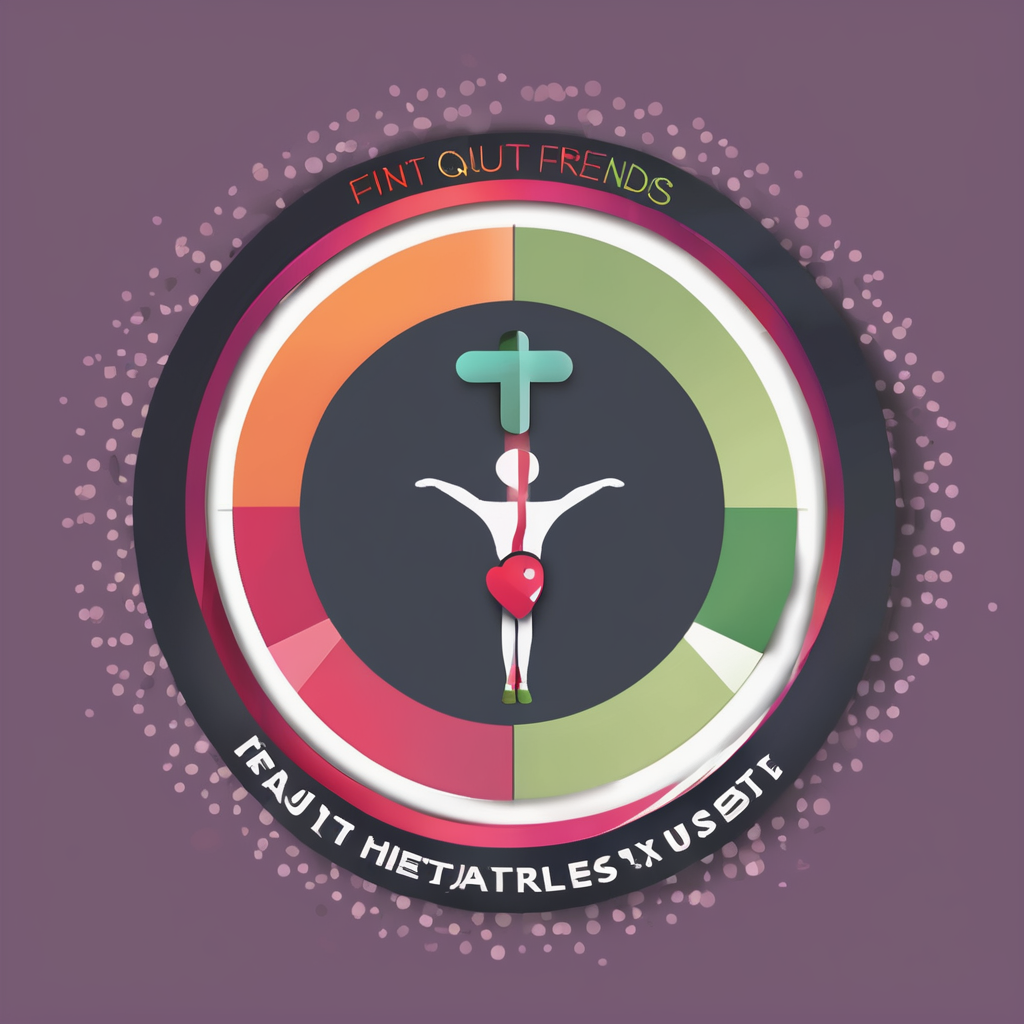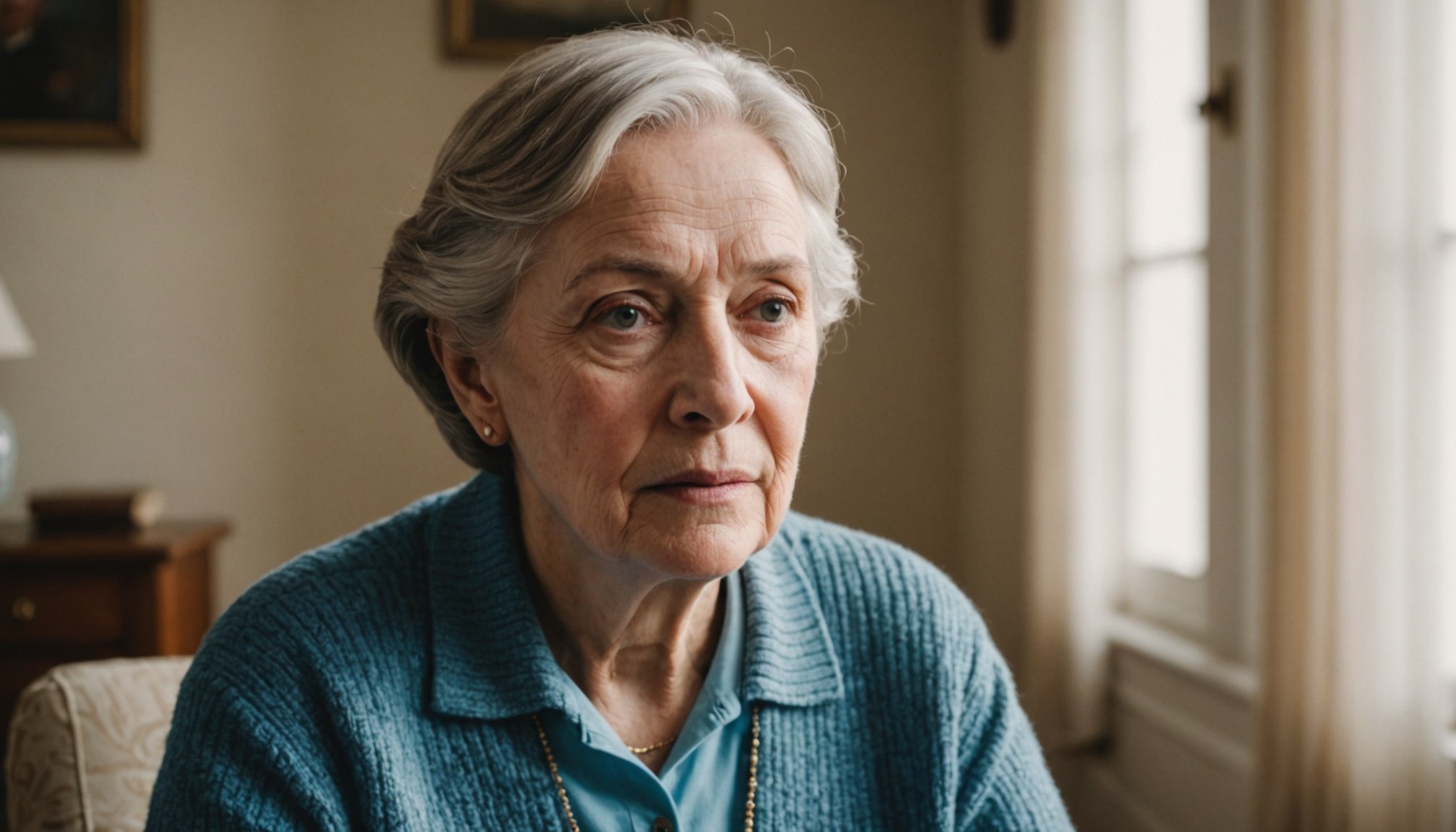Transforming Calm: How Daily Structure Can Alleviate Anxiety in Seniors Facing Mild Cognitive Impairment
Understanding Mild Cognitive Impairment (MCI)
Mild Cognitive Impairment (MCI) is a condition that affects many seniors, characterized by noticeable problems with memory or other mental functions that are greater than normal for a person’s age but not severe enough to interfere significantly with daily life. It is a critical phase because it can be a precursor to more severe cognitive decline, such as Alzheimer’s disease. However, with the right strategies, seniors can manage MCI and reduce associated anxiety.
The Impact of MCI on Daily Life
For seniors facing MCI, everyday tasks can become challenging. Memory loss, difficulty in decision-making, and problems with language can lead to frustration and anxiety. Here are some common issues:
Also to read : Top Strategies for Effectively Managing Chronic Kidney Disease in Older Adults
- Memory Loss: Forgetting recent events, learning new information, or recalling familiar words and names.
- Mood Changes: Feeling anxious, depressed, or irritable due to the frustration of not being able to perform tasks as easily as before.
- Social Withdrawal: Avoiding social interactions due to fear of embarrassment or difficulty in keeping up with conversations.
The Role of Daily Structure in Managing MCI and Anxiety
Establishing a daily routine can be incredibly beneficial for seniors with MCI. A structured day helps in several ways:
Reducing Stress and Anxiety
A predictable daily schedule can reduce stress and anxiety by providing a sense of control and stability. Here are some ways to incorporate structure:
Also read : Key Features to Consider When Choosing Adaptive Clothing for Seniors: A Comprehensive Guide
-
Morning Mindfulness: Starting the day with mindfulness exercises, such as deep breathing or short meditation sessions, can set a positive tone for the day. As noted in a recent article, “Incorporating mindfulness into your morning routine sets a positive tone for the day. By starting with simple mindfulness exercises like deep breathing or a short meditation session, you can center yourself and prepare your mind for what lies ahead”.
-
Scheduled Activities: Engaging in regular activities like walking, yoga, or tai chi can help maintain physical and mental well-being. These activities are gentle on the body and can be adjusted to individual comfort levels. For example, “Tai Chi is an ancient form of martial arts that combines slow, flowing movements with deep breathing. It’s particularly beneficial for older adults because it improves balance, reduces stress, and enhances mental focus”.
Improving Mental Clarity and Focus
Daily structure can also improve mental clarity and focus, which are often affected by MCI.
-
Mindful Breathing and Meditation: Practices like seated meditation or mindful walking can help improve mental clarity. “Mindful breathing can help calm your mind and body. Take deep, slow breaths, paying attention to the sensation of the air entering and leaving your body. This practice can be done anywhere and brings instant relaxation and peace”.
-
Engaging in Cognitive Activities: Activities such as reading, puzzles, or learning a new skill can help keep the brain active and engaged. For instance, “Creating a gallery wall or a memory corner can evoke cherished memories, allowing for moments of reflection and connection”.
Practical Tips for Creating a Daily Structure
Here are some practical tips to help seniors create a daily structure that alleviates anxiety and supports cognitive health:
Start Your Day with a Routine
- Morning Routine: Begin with a consistent morning routine that includes activities like mindfulness, light exercise, or a quiet moment of reflection.
- Example: Start with 10 minutes of deep breathing, followed by a short walk or some light stretching.
Organize Your Space
- Declutter and Simplify: A cluttered environment can exacerbate anxiety. Simplify your living space by decluttering and organizing items.
- Tip: “Start with one area, such as a kitchen drawer or a single room. Break the task down into manageable steps. Help seniors decide what to keep, donate, or discard based on usefulness and sentiment”.
Incorporate Physical Activity
- Fitness Classes: Engage in low-impact fitness classes or group activities that promote physical health and social interaction.
- Example: Join a walking club or participate in water aerobics classes, which are gentle on the body and provide an effective workout.
Use Technology to Your Advantage
- Smart Devices: Utilize smart devices like pill reminders or medication organizers to simplify daily tasks and reduce stress.
- Example: “Smart pill devices organize medications and ensure the correct dose is dispensed at the right time, and some can also notify the caregiver if a dose is missed”.
The Importance of Social Connection
Social connection is crucial for seniors facing MCI. Here are some ways to foster social connections:
Join Community Activities
- Group Fitness Classes: Participate in group fitness classes or community walking clubs to combine physical activity with social interaction.
- Example: “Fitness classes offer both physical benefits, such as improved muscle tone, and emotional benefits gained through social opportunities and connections with fellow residents”.
Volunteer and Engage in Community
- Volunteering: Engage in volunteering activities that provide a sense of purpose and connection.
- Tip: “Volunteering allows seniors to shift their focus outward, finding purpose in helping others. This sense of contribution can diminish feelings of insignificance and provide a renewed sense of value and connection”.
Mindfulness and Meditation: Key Tools for Anxiety Reduction
Mindfulness and meditation are powerful tools for reducing anxiety in seniors with MCI.
Benefits of Mindfulness
-
Reducing Stress: Mindfulness helps disengage from anxious thoughts and relax the body, reducing the stress hormone cortisol.
-
Quote: “Mindfulness allows you to disengage from anxious thoughts and helps your body relax. This reduces the stress hormone cortisol, promoting a sense of calm and ease”.
-
Improving Focus: Mindfulness enhances concentration and productivity by training the brain to focus on the present moment.
-
Example: “By practicing mindfulness, you train your brain to pay attention to the present moment, which enhances concentration and productivity”.
Incorporating Mindfulness into Daily Life
Here are some ways to incorporate mindfulness into daily routines:
-
Mindful Breathing: Focus on deep, slow breaths throughout the day.
-
Tip: “Take deep, slow breaths, paying attention to the sensation of the air entering and leaving your body. This practice can be done anywhere and brings instant relaxation and peace”.
-
Seated Meditation: Practice seated meditation in a comfortable chair, focusing on breath or a positive thought.
-
Example: “Sit in a comfortable chair, close your eyes, and focus on your breath or a positive thought. This exercise helps improve mental clarity and reduce stress”.
Somatic Exercises for Seniors
Somatic exercises are another effective way to reduce anxiety and improve overall well-being.
What are Somatic Exercises?
- Definition: Somatic exercises involve slow, gentle movements that help relax and rehabilitate the body.
- Example: “These exercises help you achieve your dream body, rehabilitate, and achieve calmness in mind and body. They include over 50+ beautiful somatic exercises that are safe, slow, and easy to follow”.
Benefits of Somatic Exercises
-
Reducing Anxiety: Somatic exercises help mentally unwind using safe, slow movements.
-
Quote: “The soothing somatic exercises have transformed their wellness routine, improving posture, and reducing anxiety. Readers also find the guides on nutrition and pain-free movement useful”.
-
Improving Posture: These exercises help improve posture and reduce chronic pain.
-
Tip: “The exercises are varied and simple, movements are gentle. They are fully explained step by step and accompanied by an illustration, making them accessible for beginners”.
Creating a Cozy and Supportive Environment
The living environment can significantly impact the mental and emotional well-being of seniors with MCI.
Personalizing the Space
-
Scent and Sound: Use soft music and soothing scents to create a calming atmosphere.
-
Tip: “Consider introducing soft music that the senior enjoys or aromatherapy with soothing scents to create a calming atmosphere. Choose warm, inviting colors for walls and decor”.
-
Nature Integration: Incorporate plants and nature into the space to add life and vitality.
-
Example: “Incorporate plants and nature into the space. Indoor plants not only purify the air but also add life and vitality to a room. Choose low-maintenance plants like succulents, which require little care but bring a sense of tranquility”.
Managing MCI and reducing anxiety in seniors requires a multifaceted approach that includes daily structure, social connection, mindfulness, and a supportive environment. By incorporating these elements, seniors can lead more fulfilling and calm lives despite the challenges of MCI.
Key Takeaways
- Daily Structure: Establish a consistent daily routine that includes mindfulness, physical activity, and cognitive engagement.
- Social Connection: Engage in community activities and volunteering to foster social connections.
- Mindfulness and Meditation: Practice mindfulness and meditation to reduce stress and improve focus.
- Somatic Exercises: Incorporate somatic exercises to improve posture and reduce anxiety.
- Supportive Environment: Create a cozy and supportive living environment that promotes relaxation and well-being.
By following these tips and integrating them into daily life, seniors with MCI can transform their lives, reducing anxiety and enhancing overall well-being.
Detailed List of Activities for Seniors with MCI
Here is a detailed list of activities that can be beneficial for seniors with MCI:
-
Morning Mindfulness
-
Deep breathing exercises
-
Short meditation sessions
-
Light stretching or yoga
-
Physical Activity
-
Walking clubs
-
Group fitness classes
-
Water aerobics
-
Tai Chi
-
Cognitive Engagement
-
Reading
-
Puzzles
-
Learning a new skill
-
Social Connection
-
Volunteering
-
Community activities
-
Group meals or social gatherings
-
Mindfulness and Meditation
-
Seated meditation
-
Mindful walking
-
Gratitude journaling
-
Somatic Exercises
-
Gentle somatic movements
-
Rehabilitation exercises
-
Pain-free movement guides
-
Environmental Support
-
Decluttering and simplifying living space
-
Using smart devices for organization
-
Incorporating nature and soothing scents
Comparative Table: Benefits of Different Activities for Seniors with MCI
| Activity | Physical Benefits | Mental Benefits | Social Benefits |
|---|---|---|---|
| Morning Mindfulness | Improves flexibility | Reduces stress and anxiety | Fosters a sense of calm |
| Improves focus | |||
| Physical Activity | Improves muscle tone | Enhances mental clarity | Fosters social connections |
| Improves cardiovascular health | Reduces stress | Encourages community engagement | |
| Cognitive Engagement | Keeps the brain active | Can be done in groups | |
| Improves memory | |||
| Social Connection | Reduces feelings of loneliness | Fosters a sense of belonging | |
| Improves emotional balance | Encourages social interaction | ||
| Mindfulness and Meditation | Reduces physical tension | Reduces anxiety | Can be practiced in groups |
| Improves focus | |||
| Somatic Exercises | Improves posture | Reduces anxiety | Can be practiced in groups |
| Reduces chronic pain | Improves mental clarity | ||
| Environmental Support | Reduces stress | Fosters a sense of control | |
| Improves emotional balance |
Quotes from Experts and Seniors
- “Mindfulness allows you to disengage from anxious thoughts and helps your body relax. This reduces the stress hormone cortisol, promoting a sense of calm and ease”.
- “The soothing somatic exercises have transformed their wellness routine, improving posture, and reducing anxiety. Readers also find the guides on nutrition and pain-free movement useful”.
- “Engaging in yoga, especially in group settings, fosters a sense of connection and shared experience. Seniors often benefit from the camaraderie of attending classes with peers, combating loneliness and building a network of supportive relationships”.
By understanding the importance of daily structure, social connection, mindfulness, and a supportive environment, seniors with MCI can take proactive steps to alleviate anxiety and enhance their overall well-being. These strategies not only improve mental health but also contribute to a more fulfilling and meaningful life.











